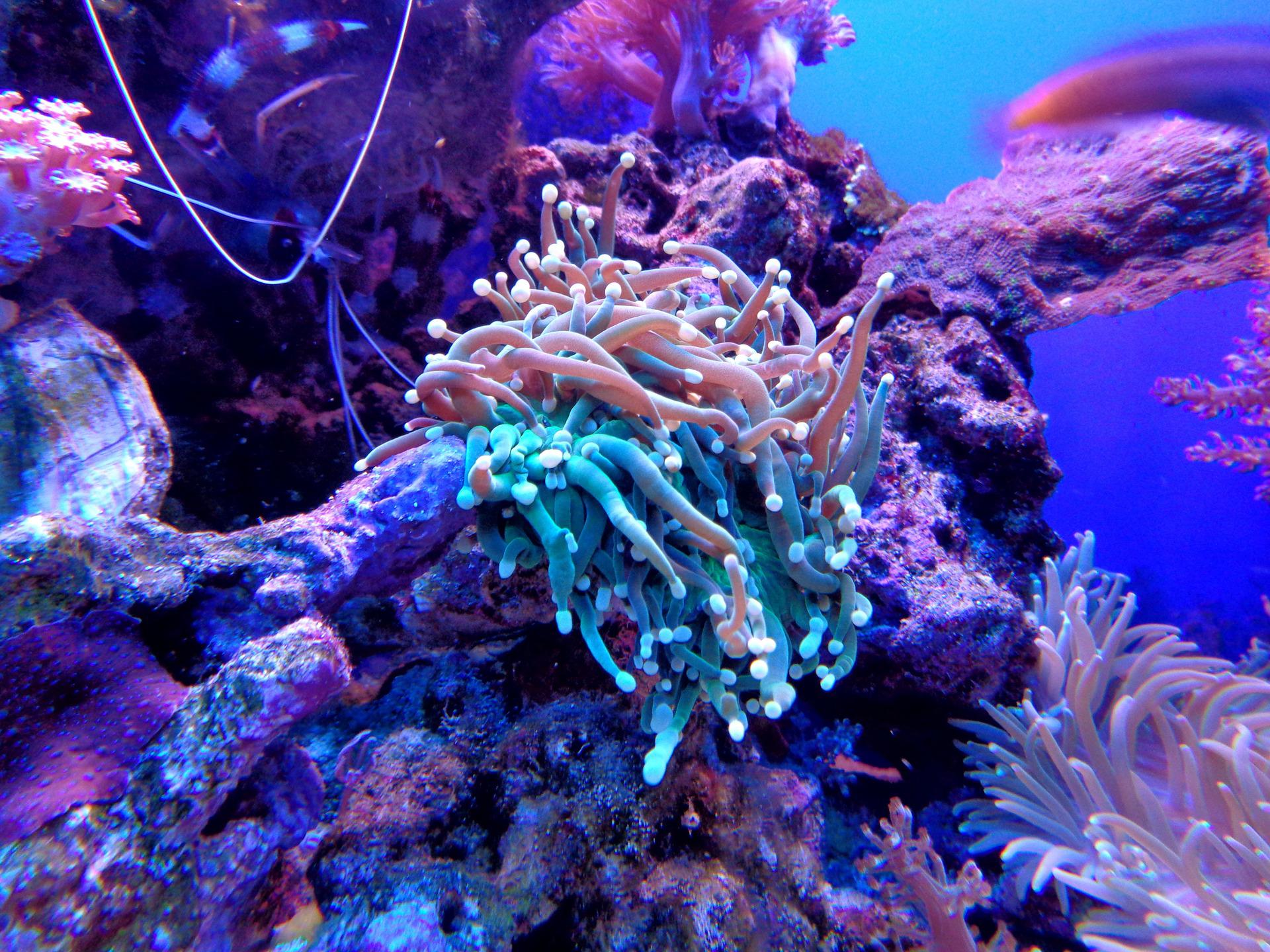Protecting marine animal forests
Science publishes the kick-off of the Marine Animal Forest networking Action, highlighting the importance of the connection of more than 150 researchers from around the globe to understand and solve the problems that such a worldwide set of habitats face nowadays.

These submersed forests provide ecosystem services which are essential for hundreds of million people worldwide.
This transdisciplinary group of scientists, involving our ICTA-UAB researcher Patrizia Ziveri, comes together to advance and fill existing gaps for the conservation, management, and restoration of these precious, important but widely unknown ecosystems. The Action, funded by the COST Association for European Cooperation in Science and Technology, will work in producing a Manifesto and baseline reference knowledge together with practical tools for the conservation of these benthic habitats, following the challenge of the UN Ocean’s Decade: “The Science We Need for the Ocean We Want”.
The letter points out that despite years of awareness raised through international initiatives, human activities continue to deeply transform marine ecosystems. Benthic ecosystems suffer from the effects of bottom trawling, urban and agricultural pollution, bioinvasions, climate change, and other anthropogenic pressures. Among these ecosystems, marine animal forests (MAF), which are dominated by suspension-feeding organisms living on the bottom of the sea (benthic) such as sponges, hard corals, and gorgonians, form three-dimensional habitats that are particularly vulnerable to disturbances. These submersed forests provide ecosystem services which are essential for hundreds of million people worldwide.
The ACTION network aims to develop an integrative vision that will fuel research and steer future policies on crosscutting sustainability-driven issues related to the fragmented governance of these benthic ecosystems in coastal and open ocean waters, creating cross sectoral platform for partners across academia, policymaking, and civil society, offering inclusive spaces for a transdisciplinary dialogue. The project will also unify the protocols for restoration of the MAFs of the World, with nature-based solutions, to face climate change, natural disasters, and food supply.
Research Professor at ICTA-UAB Patrizia Ziveri is one of the members of the core team, leading the WorkPackage 8 on WG8 – Dissemination, Communication, and Bottom-up Policies. At ICTA-UAB, she is one of the leaders of the Oceans Societal Challenge, which is one of the challenges in which the ICTA-UAB strategic research program is structured around. She coordinates the Marine and Environmental Biogeosciences Research Group (MERS) that catalyzes research on the natural and human-driven marine processes and sustainability challenges. She led the first European coordinated effort to address ocean acidification in the Mediterranean Sea.
The MAF Action is chaired by Sergio Rossi, researcher at the Università del Salento Lecce (Italy) and ICTA-UAB associated researcher.